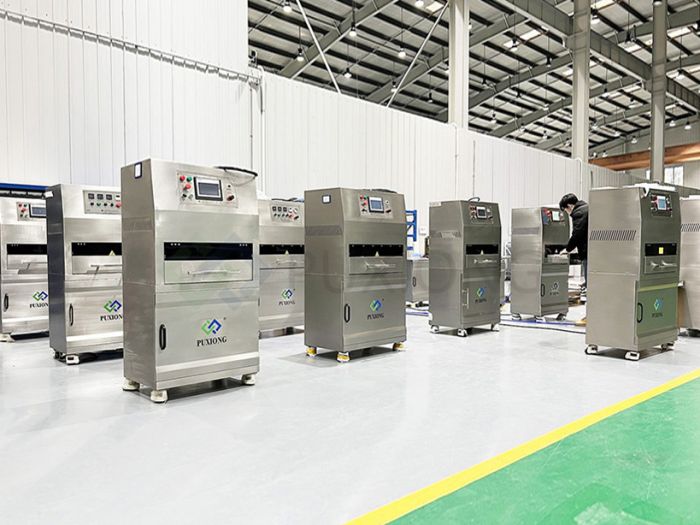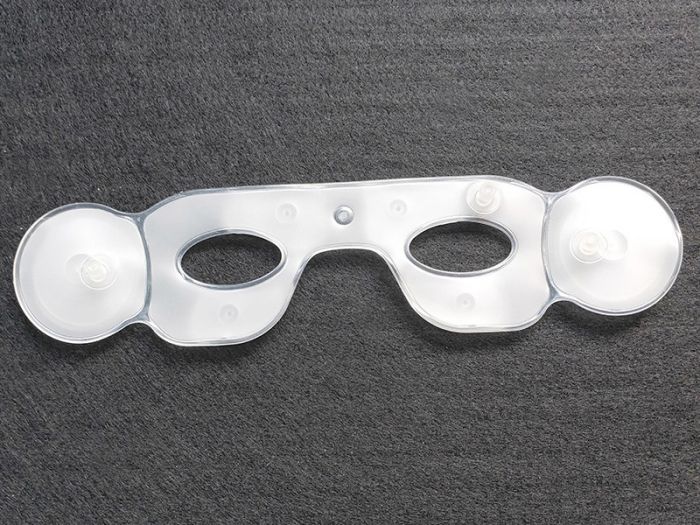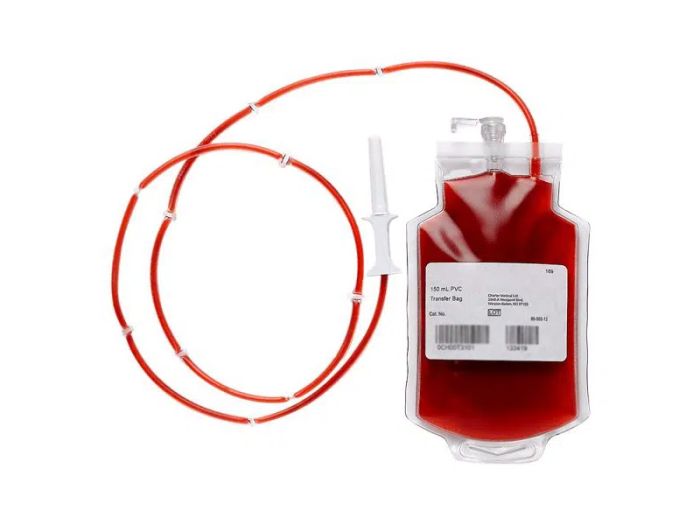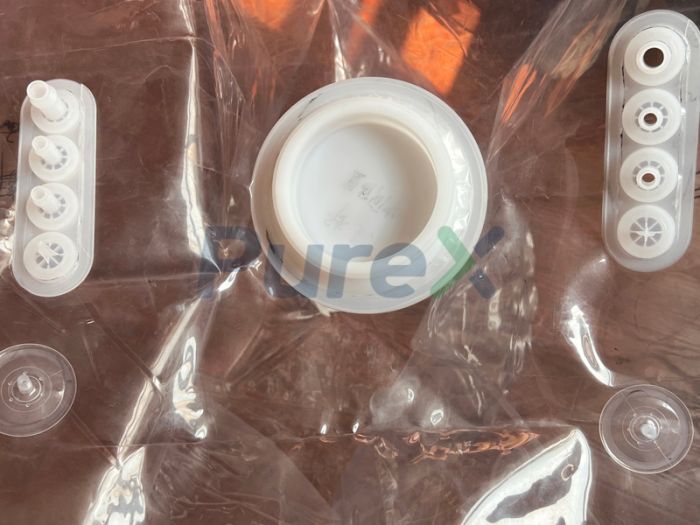The difference between medical device blister packaging sealing machine and ordinary blister sealing machine
There are significant differences between medical device blister packaging sealing machines and ordinary blister sealing machines in design, function and application scenarios, which are mainly reflected in the following aspects:

1. Sterility and hygiene standards
Medical device sealers: Strictly comply with relevant medical industry regulations and standards, such as ISO 11607 and FDA requirements, to ensure sterile barrier performance and sealing integrity. The materials and designs used in the equipment meet medical-grade hygiene requirements and can effectively avoid contamination.
Ordinary sealers: Usually used in daily necessities, food, electronic products and other fields, with lower requirements for sterility and hygiene, and the design does not need to meet medical-grade standards.
2. Sealing accuracy and consistency
Medical device sealers: Use high-precision constant temperature control systems and pressure regulating devices to ensure the stability of sealing temperature, pressure and time. The strength and uniformity of the seal are high, meeting the safety requirements of medical devices in transportation and storage.
Ordinary sealers: The accuracy and stability are relatively low, the sealing quality may not be uniform enough, and it is difficult to withstand strict sealing performance requirements.
3. Applicable materials
Medical device sealers: Suitable for a variety of medical-grade packaging materials (such as PET, PVC, PE, aluminum foil composite film, etc.), and can adjust parameters according to material characteristics. The sealed packaging has the characteristics of tear resistance, moisture resistance, and pollution resistance.
Ordinary sealing machine: mainly suitable for general plastic film or paper materials, and the types and quality of packaging materials supported are not as diverse and strict as those of medical device sealing machines.
4. Intelligence and data traceability
Medical device sealing machine: usually equipped with intelligent monitoring and data recording functions, such as real-time monitoring of sealing temperature, pressure and time, and generating quality reports. This traceability function helps to meet the medical industry's regulatory requirements for the production process.
Ordinary sealing machine: generally does not have data recording and traceability functions, only provides basic sealing functions, and has a low level of intelligence.
5. Applicable scenarios
Medical device sealing machine: designed specifically for the medical industry, suitable for high-standard sterile packaging of medical devices, disposable consumables, laboratory supplies, etc.
Ordinary sealing machine: mostly used in retail packaging, industrial product packaging and other fields, without meeting the special requirements of medical products.
6. Equipment design and material
Medical device sealing machine: the equipment material and design meet the requirements of medical-grade cleaning and corrosion resistance, and are easy to disinfect and clean. The sealing parts of the equipment are usually made of highly durable materials and can operate for a long time without affecting the sealing quality.
Ordinary sealing machine: The requirements for equipment materials and cleaning performance are lower, and the design focuses more on cost control. Some models may not be suitable for long-term use or high-frequency operation.
7. Regulations and certification
Medical device sealing machine: It needs to pass the certification of the medical device industry (such as CE, FDA, ISO, etc.) and meet strict regulatory requirements to ensure product safety and compliance.
Ordinary sealing machine: It does not need to meet the special certification requirements of the medical industry and only meets the standards for general industrial or commercial use.
8. Price cost
Medical device sealing machine: Due to its high precision, high quality and compliance, the equipment cost is relatively high, suitable for medical device manufacturers or high-demand professional fields.
Ordinary sealing machine: The price is relatively low, suitable for ordinary industries with low sealing requirements.
In summary, medical device blister packaging sealing machines pay more attention to sterility, precision, intelligence and compliance, and are indispensable professional equipment in the medical industry, while ordinary blister sealing machines serve more relaxed application scenarios and are suitable for packaging needs in general industrial or consumer fields.



